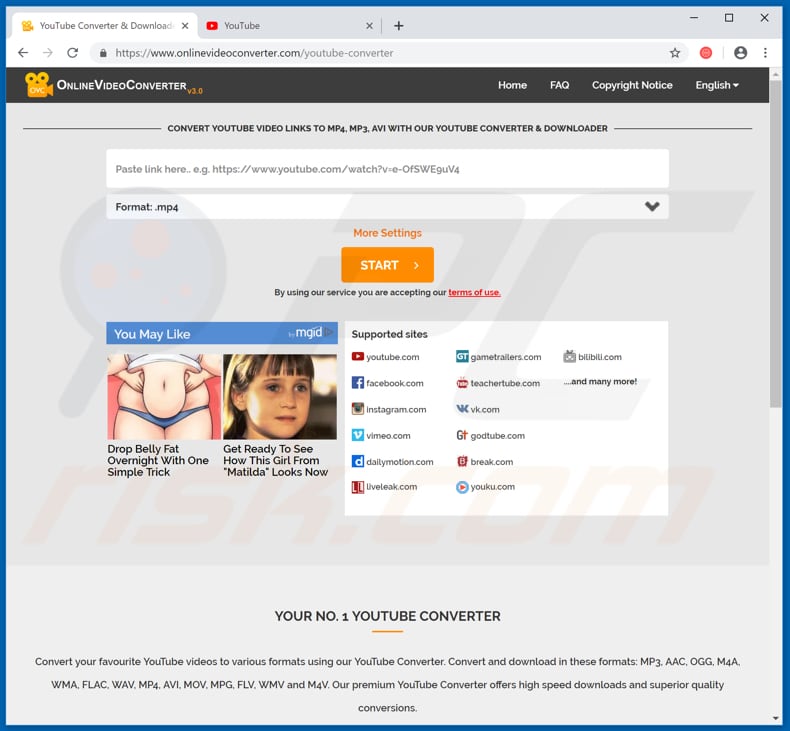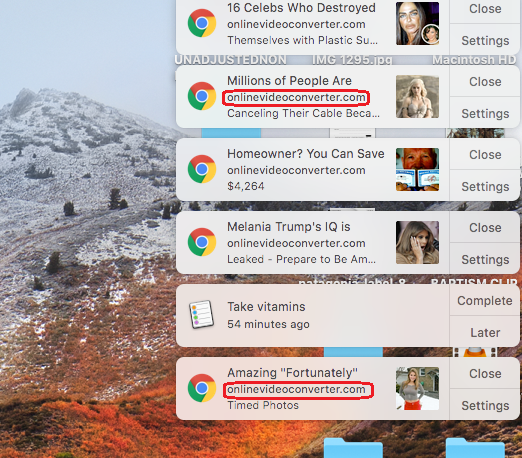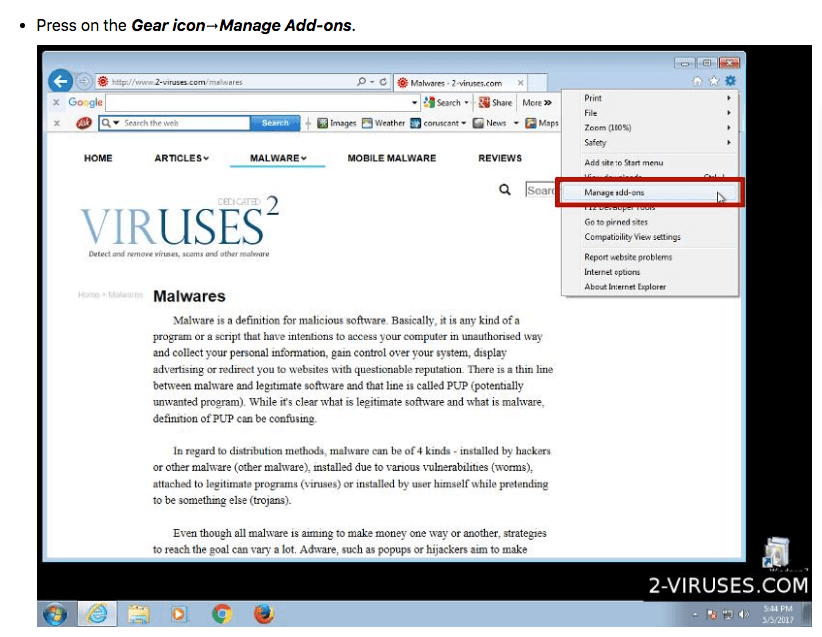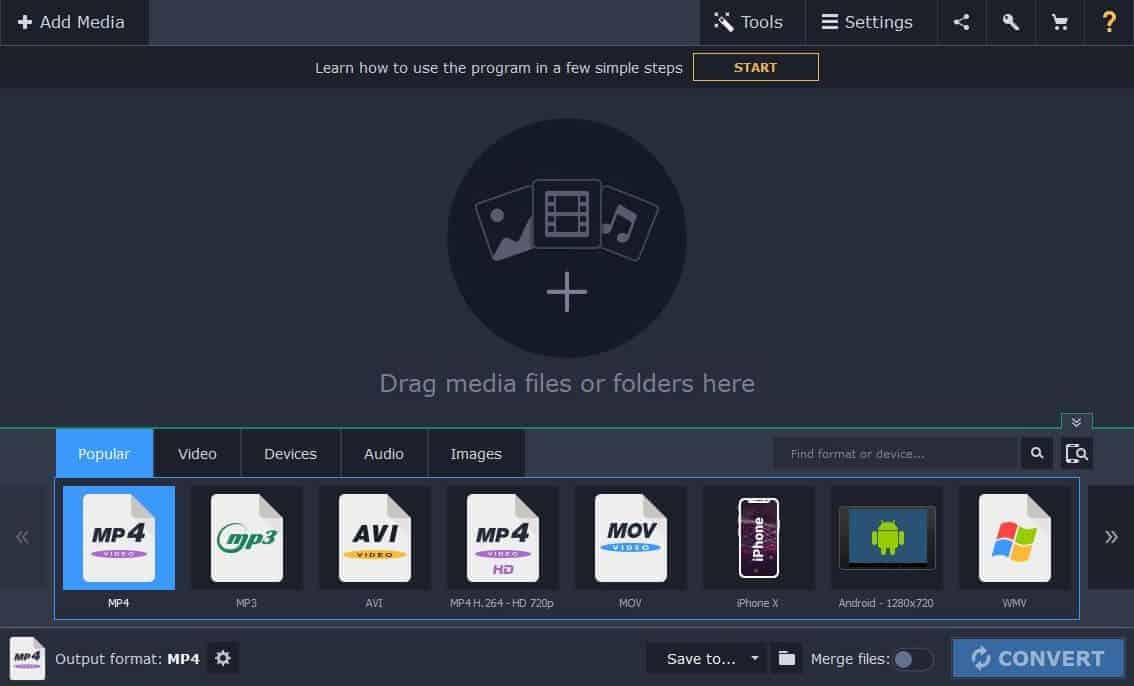
Scam claims that user's device is infected and they need to contact technical support to prevent further damage.įake error messages, fake system warnings, pop-up errors, hoax computer scan.Ĭompromised websites, rogue online pop-up ads, potentially unwanted applications. Phishing, Scam, Social Engineering, Fraud. To protect device and user safety, remove all suspicious applications and browser extensions/plug-ins immediately upon detection. PUAs can not only cause browser and system infiltration and infections, but also lead to financial loss, severe privacy issues, and even identity theft. This sensitive data is then shared with third parties who use it for criminals purposes. They monitor users' browsing activity (URLs visited, pages viewed, search queries typed, etc.) and collect personal information (IP addresses, geolocations and other details). PUAs commonly have data tracking abilities. Others can hijack browsers and promote fake search engines. They can cause redirects to untrustworthy and malicious websites. Rather than delivering any real value, unwanted applications employ stealth means to generate revenue for their developers. These apps often seem legitimate and offer a wide variety of "useful" features.

Prior to reopening the browser, however, do not restore the previous session, otherwise the rogue site will also be reopened (or the web page that originally redirected to the scam will redirect to it again).Īs mentioned, deceptive/scam websites are typically opened by PUAs. Therefore, Task Manager should be used to terminate the browser process. In some cases, deceptive web pages cannot be closed by simply closing the browser tab/window.
#Online video converter virus popup software#
They might be instructed to purchase rogue, nonoperational software and/or tricked into downloading/installing malicious programs. It is also possible that users will be led through confusing instructions, which will require them to pay for bogus services. These numbers can have high fees, even though it is often claimed that they are toll-free. There are many ways in which calling the fake technical support numbers can harm users and their devices.

The sole purpose of these scams is to generate revenue for their designers. To prevent further damage to their data and identities, the scam instructs users to call the number listed. Supposedly, users' information (usernames and passwords, banking details, messaging history/contacts) has already been stolen.
#Online video converter virus popup activation key#
This has allegedly happened due to the Windows activation key having expired. The background states that the computer has been locked, due to it being infected with Trojan-type malware. To further alarm users, the pop-up implies that some sort of unmentioned information is currently being stolen from them. It is stated that closing this web page will disable users' access to the device in order to prevent further damage to the network. Users are urged not to ignore this message and to contact the (fake) helpline without delay.


This alarm states that "Malicious Pornography Spyware/Riskware" has been detected on the system. The background pop-up pertains to be a warning alert from Microsoft. Visitors first see a pop-up window with a message claiming that their connection to this web page is not secure and, therefore, they must sign-in. Few people visit these deceptive, rogue sites intentionally - most are redirected by intrusive advertisements or Potentially Unwanted Applications (PUAs) already present on the device. Microsoft has no association with "Call Microsoft Helpline". This specific scam claims to originate from Microsoft, however, this is also false. Note that no website can detect threats present on users' systems and any claims to this effect cannot be trusted. It operates by tricking users into believing that their device is infected and that they need to contact the (fake) technical support provided to resolve the issues. "Call Microsoft Helpline" is a scam run by deceptive websites.


 0 kommentar(er)
0 kommentar(er)
